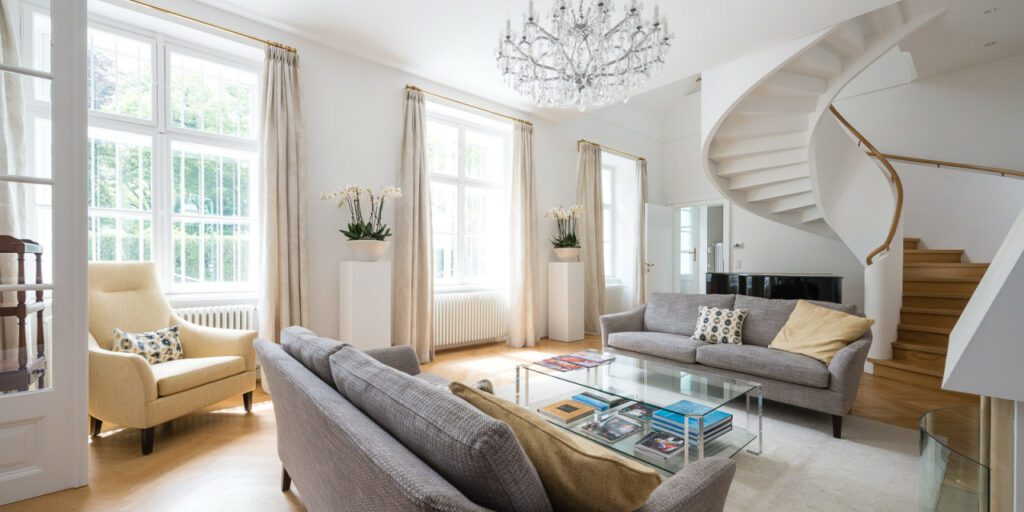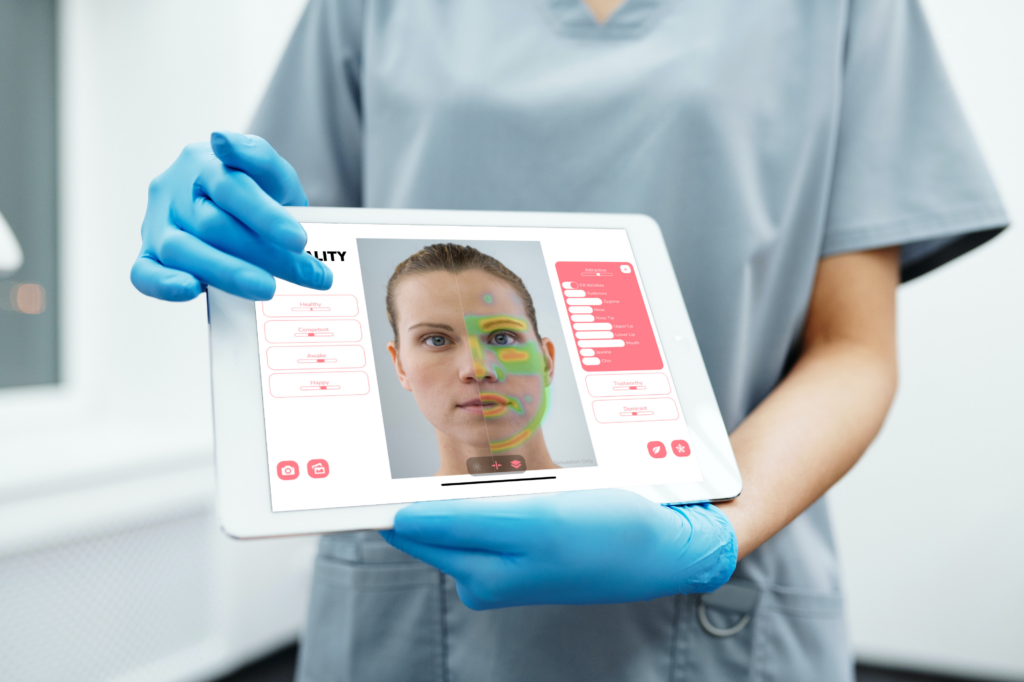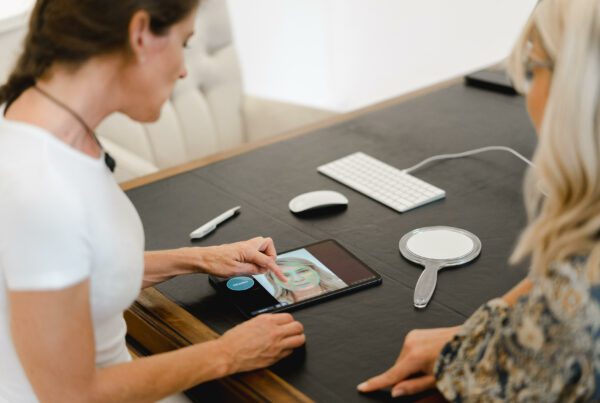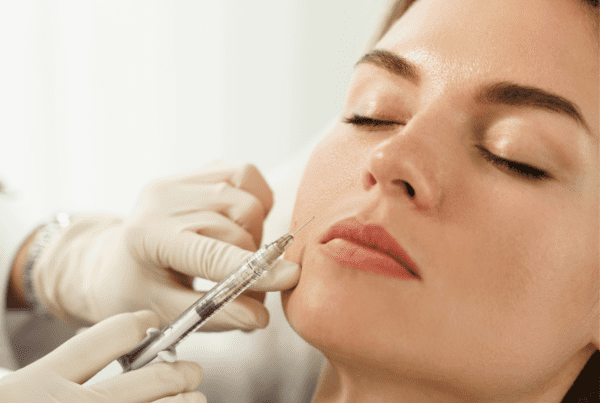When people hear plastic surgery, the first thing that always comes to mind is aesthetic surgery. However, plastic surgery originated from reconstructive surgery, concerned with the functional as well as aesthetic restoration of defects all over the body. This includes tissue defect repair, nerve reconstruction, microsurgery and functional tissue transfer – to name a few.
For many years I embraced the role of a reconstructive microsurgeon full heartedly. I celebrated the 6, 8, sometimes even 10 hours in the operating room helping people regain function and feel whole again. It was a wonderful time. 1
As time went on, my passion for helping people remained, however my body demanded its due rest. With age my recovery periods grew longer and the long hours of concentration took a greater toll on my body. Time for a Plan B!

I opened my very own clinic in the outskirts of Vienna. With a personal clinic came substantially more aesthetic and beauty treatments. I struggled with the exaggerated treatments so often requested by patients. I felt that while there was such a strong focus on beauty, patients were unaware of how treatments could negatively impact other areas of personality, such as competence or trustworthiness. As a practitioner I felt responsible for the outcomes. However, I lacked the knowledge and tools to educate my patients about the true impact of treatments on their appearance. I wanted to avoid creating clones in my clinic, and instead offer my patients personalised treatments adjusted to their personal appearance. But what’s a doctor to do?
Enter the incredible research of Prof. A. Todorov! His studies show that there are patterns in facial structures that result in a universal first impression among viewers. Our faces tell a thousand stories to our audiences within seconds. How we are perceived by others can be a game changer. From job promotions, being exonerated from a crime, and even elections, first impressions play an important role in all social interactions.
I became obsessed with the idea that I could have a positive impact on patients’ lives, even with purely aesthetic treatments. I started seeing patients through a different lens, considering all the social implications of treatments – will they look less tired? healthier? More competent? Finally I had found a way to express my desire for positive change within aesthetic medicine. It is about creating ripples of positivity through changes that evoke better social interactions.

It didn’t stop there. I felt a strong desire to drive a change beyond my own clinic in Vienna, so I founded aemos with the mission to move aesthetic medicine towards more socially relevant & effective treatments. We are building the tools and technology needed by practitioners and industry leaders to achieve more holistic, targeted, and natural treatments. Touching the lives of patients, not just their faces. We change how they are perceived by their peers and help create positive social interactions.
Aesthetic treatments can be life-changing, going far beyond beauty.
To me, that is the most beautiful thing of all.


